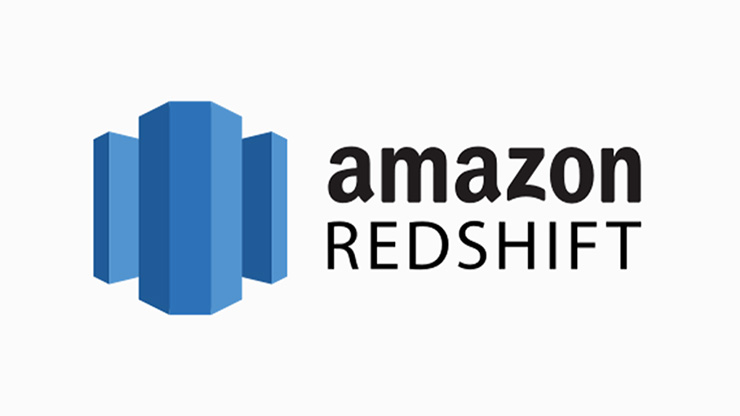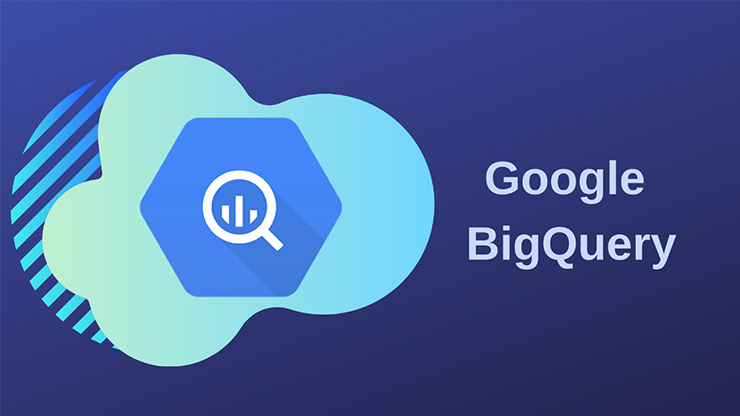What Is Snowflake?
Snowflake is a data warehousing service. For those who are unfamiliar, this means that it offers date storage as well as data analysis to its corporate clients, both of which are made possible by cloud computing. Thanks to this, Snowflake can be useful to a wide range of users in a wide range of industries. Of course, there are numerous data warehousing services that can be found out there. However, Snowflake stands out because it separates data storage from data analysis rather than package them together, thus providing its corporate clients with increased control over what they want and thus what they pay.
How Is Amazon Redshift a Competitor?

Cloud computing is huge. As a result, it should come as no surprise to learn that Snowflake has competitors that are backed by some very well-known names in the tech industry. To name an example, there is Amazon Redshift, which is one of the products bundled into Amazon Web Services. in science, redshift and blueshift mean an increase and a decrease in the wavelength of electromagnetic radiation respectively because red and blue are associated with the extremes of the visible light spectrum. Here, Redshift means a movement away from Oracle, which says much about Amazon's mind-set when naming the product. In any case, it is well-suited for storing as well as analyzing large quantities of data, thus making it an excellent choice for something like, say, logs or live feeds. Furthermore, Redshift is backed by one of the biggest tech companies that can be found on the planet even if the latter's focus is split between a wide range of products and services rather than concentrated on a single thing.
How Is Google BigQuery a Competitor?

Speaking of which, it should come as no surprise to learn that Google has a data warehousing service as well. For proof, look no further than Google BigQuery, which has a number of interesting things about it. One example would be how it can provide interested parties with scalable analysis that can cover petabytes of data, which makes sense considering what it is as well as what it is backed by. Another example would be how BigQuery comes with built-in machine learning. Something that has become very popular in recent years. Yes, machine learning falls far from true artificial intelligence of the kind envisioned by optimistic (or pessimistic) visions of the future. However, it can nonetheless empower systems to pick up on useful patterns in huge volumes of data at much faster speeds than what even the best human experts can manage, provided that it has been trained in the right way by those same individuals.


